Electric Water Heaters or Gas Water Heaters? Discover the best option for comfort and energy efficiency
In the constant quest to improve energy efficiency and comfort in our homes and offices, choosing the right system to heat water is crucial. Electric water heaters offer a number of significant benefits that make them a preferred choice over gas-powered models for many users. These devices are not only recognized for their efficient operation and ability to reduce energy consumption, but they also promote a safer and less polluting environment.
Unlike gas heaters, electric water heaters eliminate the risks associated with gas leaks and combustion, which is a significant relief for home safety. In addition, it is generally simpler to install and less expensive in terms of infrastructure. These aspects, combined with the ability of electric models to adjust to fluctuations in demand without wasting energy, make electric heaters a smart and sustainable option for those looking to optimize energy consumption and ensure safety in their spaces.
In this exploration, we’ll look at the advantages electric water heaters offer over their gas-powered counterparts, highlighting how they can improve not only comfort in your home or office, but also how they contribute to a cleaner, more sustainable energy future.
What are the most important differences between gas water heaters versus electric heaters?
The most important differences between gas and electric water heaters can be seen in several key aspects such as energy efficiency, cost of operation, installation, heating capacity, and environmental impact. Here I detail each of these aspects:
Energy Efficiency:
- Gas heaters: These are generally more efficient than electric heaters when it comes to heating large volumes of water. The most modern models can achieve efficiencies in excess of 90%.
- Electric heaters: They have a very high energy efficiency close to 100%, since almost all electrical energy is converted into heat.
Cost of Operation:
- Gas heaters: They tend to have a lower operating cost in some regions due to the lower cost of gas compared to electricity. This is especially significant in areas where natural gas is plentiful and cheap, otherwise gas could end up being very expensive.
- Electric heaters: These can be a bit more expensive to operate due to higher electricity prices, although this can vary depending on local rates and peak time usage, and their other benefits are well worth the cost difference.
Installation:
- Gas heaters: Installation can be more complicated and expensive, requiring proper ventilation and gas lines. This can also limit the places where they can be installed.
- Electric heaters: These are generally easier and cheaper to install, as they do not require ventilation and only need a proper electrical connection.
Environmental impact:
- Gas heaters: They produce emissions of CO2 and other greenhouse gases that can affect the environment of your home or office depending on the level of aeration in your location.
- Electric heaters: Their environmental impact in the home or office is lower since they do not burn gas.
In short, the choice between a gas and an electric water heater will depend on your specific needs, the characteristics of your home or office, and your priorities in terms of operating costs, efficiency, and the environment.
Why is it important to use an electric heater that is highly energy efficient?
Using a highly energy-efficient electric heater is important for several key reasons that impact both economically and environmentally. Here are some of the main benefits:
- Energy cost savings: High-efficiency electric heaters convert a greater proportion of the energy they consume into useful heat, reducing the amount of energy wasted. This translates into lower energy consumption to achieve the same amount of hot water, which in turn leads to significant savings on electricity bills over time.
- Reduced environmental impact: By using less energy to operate, a high-efficiency electric heater also contributes to the reduction of carbon emissions and other pollutants associated with electricity generation. This is especially relevant if the electricity comes from non-renewable sources. By reducing consumption, the total demand for energy resources is reduced and the positive environmental impact is enhanced.
- Better performance and reliability: High-efficiency heaters typically incorporate more advanced technologies and better quality materials, which can result in more consistent performance and increased durability. This means fewer failures, less need for maintenance, and a longer equipment life.
- Compliance with regulations and standards: Many countries and regions are imposing stricter energy efficiency standards for household appliances and systems as part of strategies to combat climate change. Purchasing a high-efficiency electric heater ensures that you are complying with these regulations and avoiding potential fines or restrictions in the future.
- Maximizing space and design: High-efficiency models are typically more compact and better designed, allowing for easier integration into residential or commercial spaces without compromising aesthetics or use of space.
- Incentives and rebates: In many places, governments and utility companies offer incentives, rebates, or tax credits for the purchase and installation of energy-efficient appliances. This can help amortize the higher upfront cost of these devices.
In short, choosing a highly energy-efficient electric heater is a prudent decision that benefits both the wallet and the planet, offering long-term savings, better performance, and contributing to broader environmental sustainability efforts.
What should be considered when choosing an electric tankless water heater for small homes in hot climates?
When choosing an electric tankless water heater for small homes in hot climates, there are several important factors to consider to ensure that the equipment efficiently meets the unique hot water needs. Here are some of the key points:
- Capacity and Flow Rate: Evaluates the maximum flow rate the heater can handle, measured in gallons per minute (GPM). For a small home, you generally don’t need a very high flow rate, but you do need enough to cover simultaneous hot water needs, such as showering while using the sink. In hot climates, the incoming water is usually warmer, reducing the heating load needed.
- Energy efficiency: Look for models with a high energy efficiency rating. Tankless heaters are usually more efficient than tank heaters because they don’t suffer from heat loss from storing unused hot water. A model with an Energy Star rating or similar can ensure optimal energy performance and help keep operating costs down.
- Installation size and space: Consider the physical size of the heater. Tankless models are generally compact and can be wall-mounted, saving valuable space in smaller homes. Make sure there is enough space for proper installation and maintenance.
- Hot Water Demand: Calculate the typical hot water demand in your home. It includes activities such as bathing, washing dishes, and any other concurrent uses. In a warm climate and in a small home, the total demand may not be very high, which could allow you to choose a model with a smaller capacity, more efficient and economical.
- Installation and maintenance cost: Factor in installation costs, which can vary depending on your home’s specific wiring and plumbing needs. In addition, it considers the accessibility and cost of regular maintenance services to ensure efficient long-term operation.
- Durability and warranty: Research the durability and warranties offered by the manufacturer. A good warranty period and reliable customer service can be indicative of a quality product that can deliver years of trouble-free service.
- Scale resistance and water quality: In areas with hard water, mineral scale can affect the efficiency of the heater. Some models come with anti-fouling technology or are easy to clean and maintain. This is especially important if the water quality in your area could compromise the efficiency of the heater.
Considering these factors, you’ll be able to choose a tankless electric water heater that not only meets your hot water needs, but is also efficient, economical, and suitable for the size and conditions of your home.
What should be considered when choosing an electric tankless water heater for small homes in cold climates?
When choosing an electric tankless water heater for small homes in cold climates, there are several important factors to consider ensuring that the equipment efficiently meets your hot water needs. Things to keep in mind include:
- Heating Capacity and Flow Rate: In cold weather, the initial water temperature can be quite low, requiring the tankless water heater to work harder to reach the desired temperature. It is crucial to choose a model with an adequate heating capacity, usually indicated in kilowatts (kW). Make sure the flow rate (gallons per minute, GPM) is sufficient to handle the demand from multiple hot water sources simultaneously if needed.
- Energy efficiency: Look for models that offer high energy efficiency. Electric tankless heaters with high efficiency ratings will consume less energy to heat water, which is vital in cold climates where energy demand will be higher. Consider Energy Star certified models to make sure you’re choosing an energy-efficient option.
- Insulation and cold protection: Make sure the heater is designed to handle cold outside temperatures, especially if the unit will be installed in an area that could be subject to frost. Some models are equipped with freeze protection features, which is crucial for preventing damage during the colder months.
- Installation and Operation Cost: The cost of installation may be higher in cold climates, especially if additional modifications are required to accommodate an efficient heating system in a cold environment. Also consider operating costs, which may be higher due to the increased effort required to heat the water to an appropriate temperature.
- Durability and reliability: Choose a model known for its durability and reliability. Cold climates can put a strain on appliances, so investing in a high-quality water heater can save you time and money on long-term maintenance and repairs.
- Size and installation space: Although tankless heaters are generally more compact than tanked models, you still need to consider the space available for installation. This includes not only physical space, but also accessibility for maintenance and proper ventilation, if needed.
- Warranty and Service Considerations: Check warranty and service options. Good technical support and a solid warranty can provide peace of mind, especially when investing in critical technology like water heating in a home.
By taking these factors into account, you’ll be able to select an electric tankless water heater that not only meets your hot water needs in a cold climate, but also offers efficiency, durability, and economical operation.
What are the best hot water heaters that can be purchased online or at the dealer?
TITAN® tankless water heaters are your best choice because they incorporate new space-age technology and feature a faster and more accurate temperature sampling system, a manually resettable thermostat, and a new air/water differential analysis system to prevent dry starts (which is a key issue for other tankless systems).
TITAN® electric water heaters are state-of-the-art tankless heaters designed to meet the unique hot water needs of homes or offices of various sizes and in various types of climates. With their advanced technology, compact design, and energy-efficient operation, TITAN® electric water heaters ensure a continuous and reliable supply of hot water, making them the perfect choice for those looking for cost-effective and environmentally friendly water heating solutions. Enjoy the luxury of endless hot water, precisely when you need it!
Finally, to learn about the various models and purchase yours, go to: TITAN® Electric Water Heaters, or contact us via WhatsApp or our contact form.

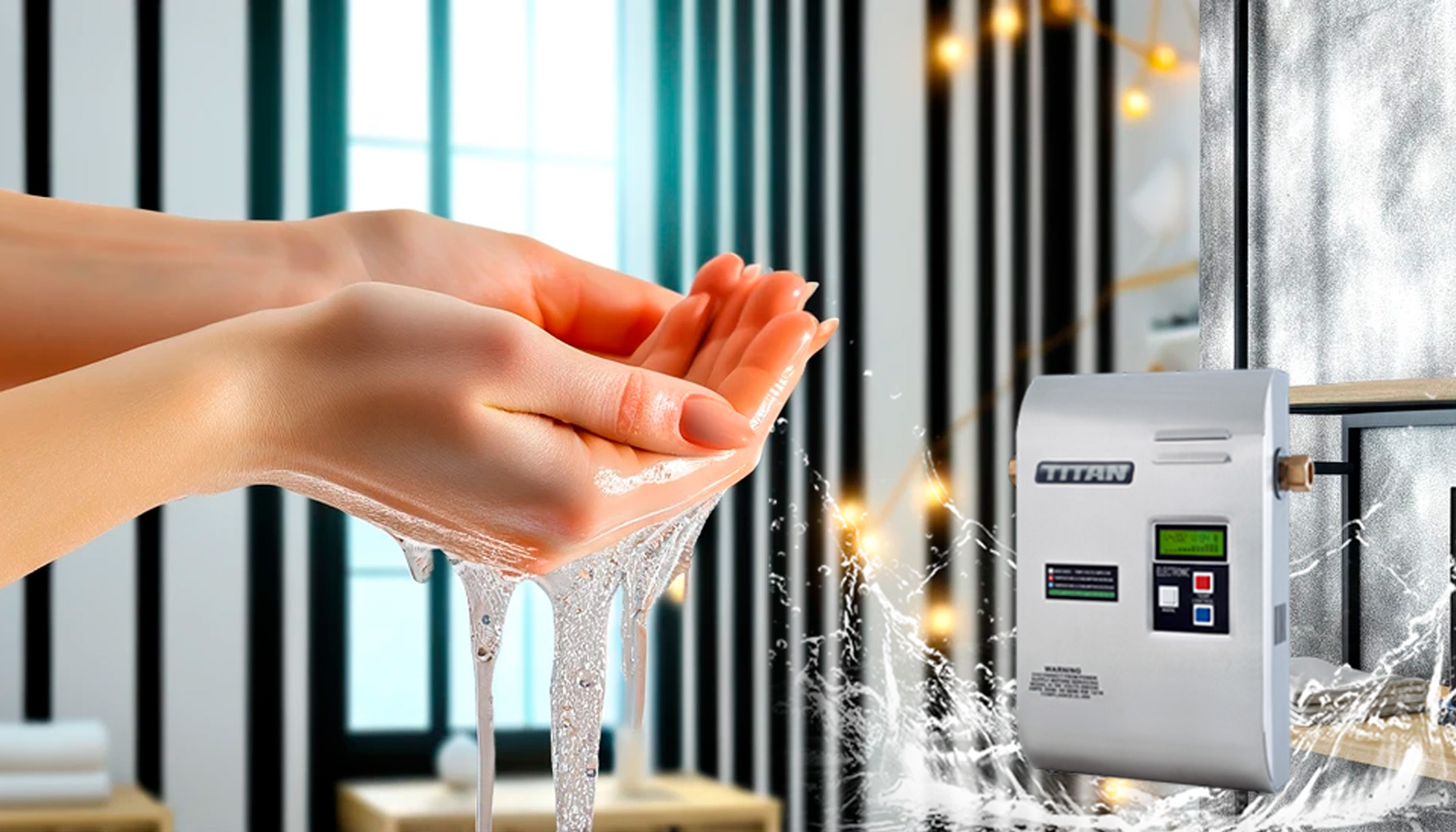
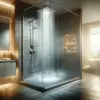
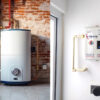

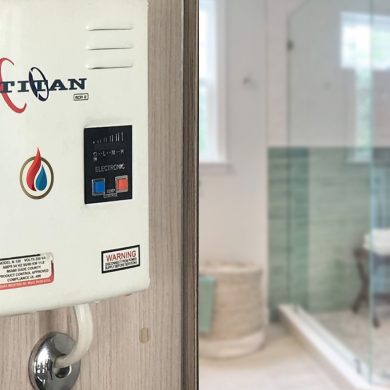
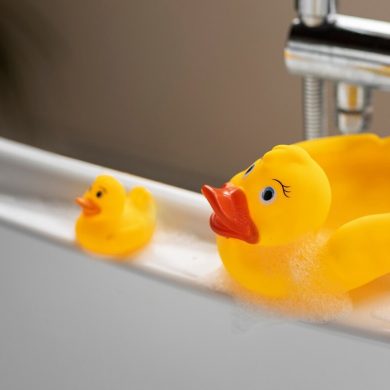
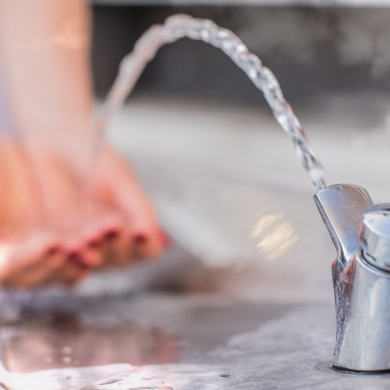
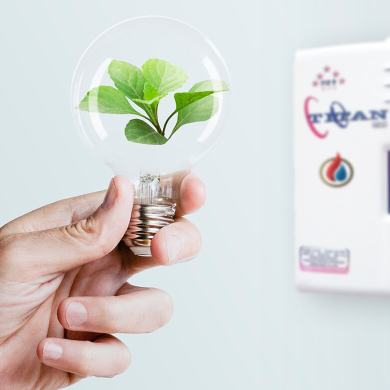
Add comment